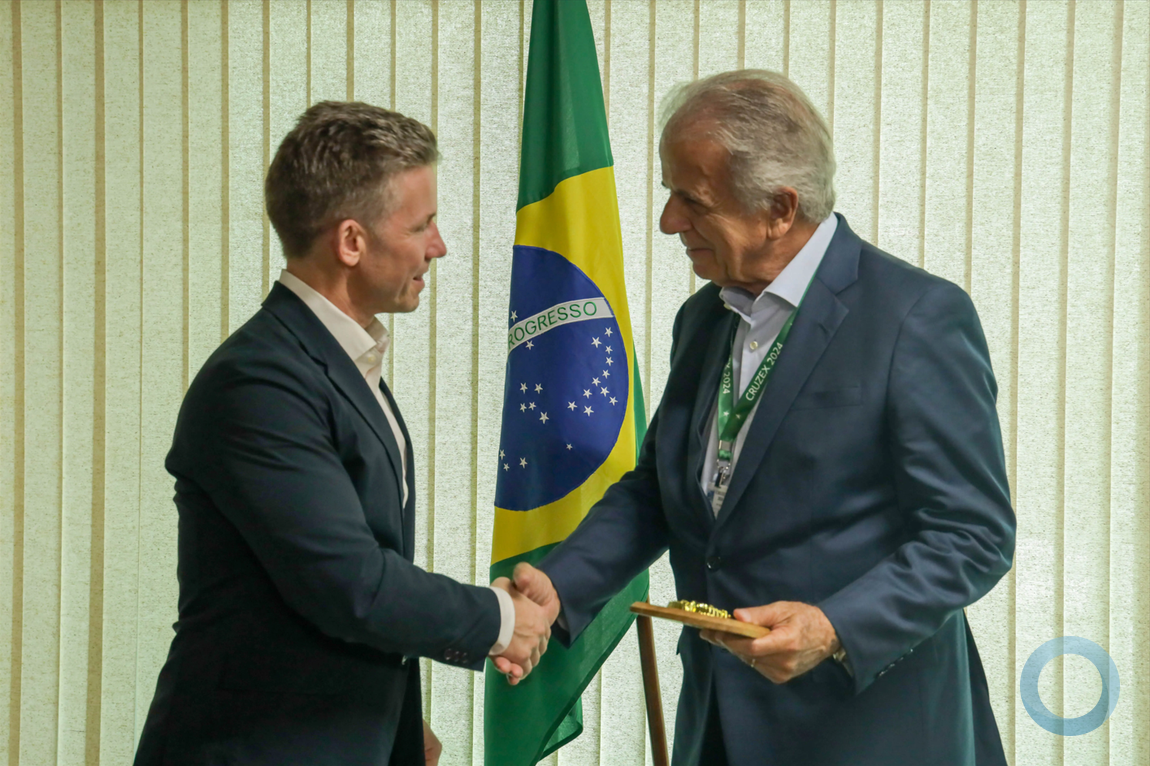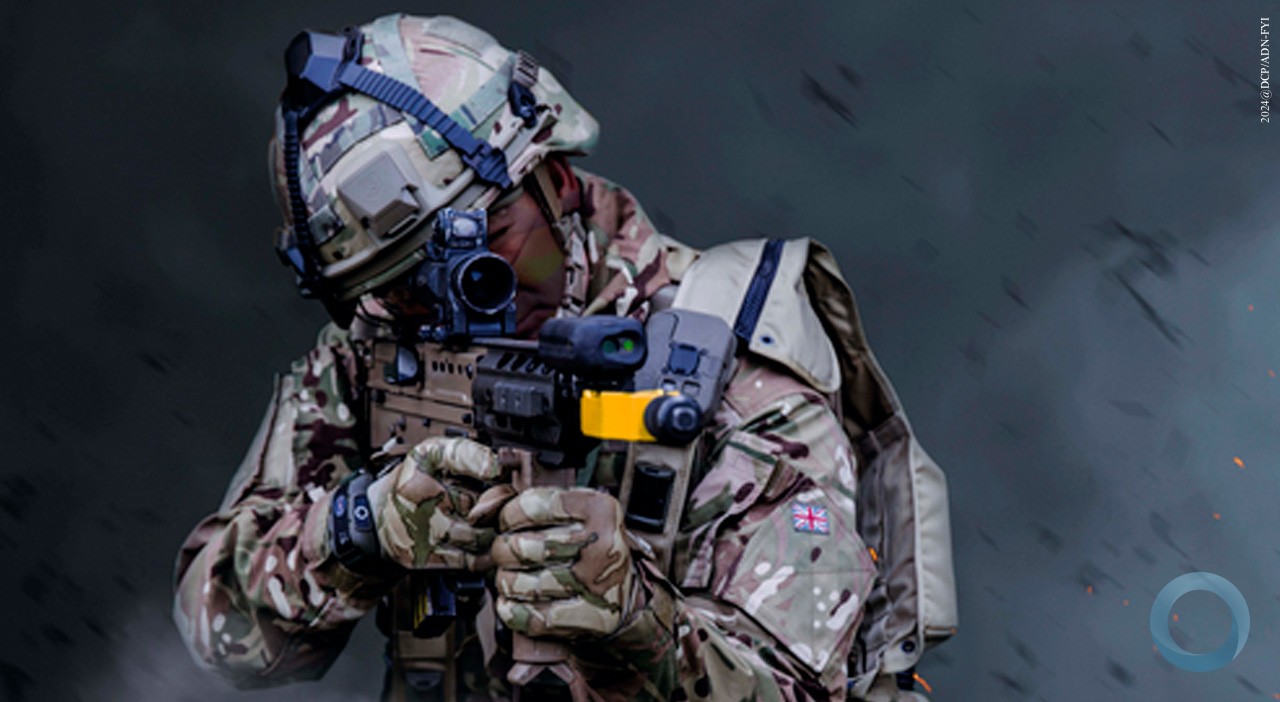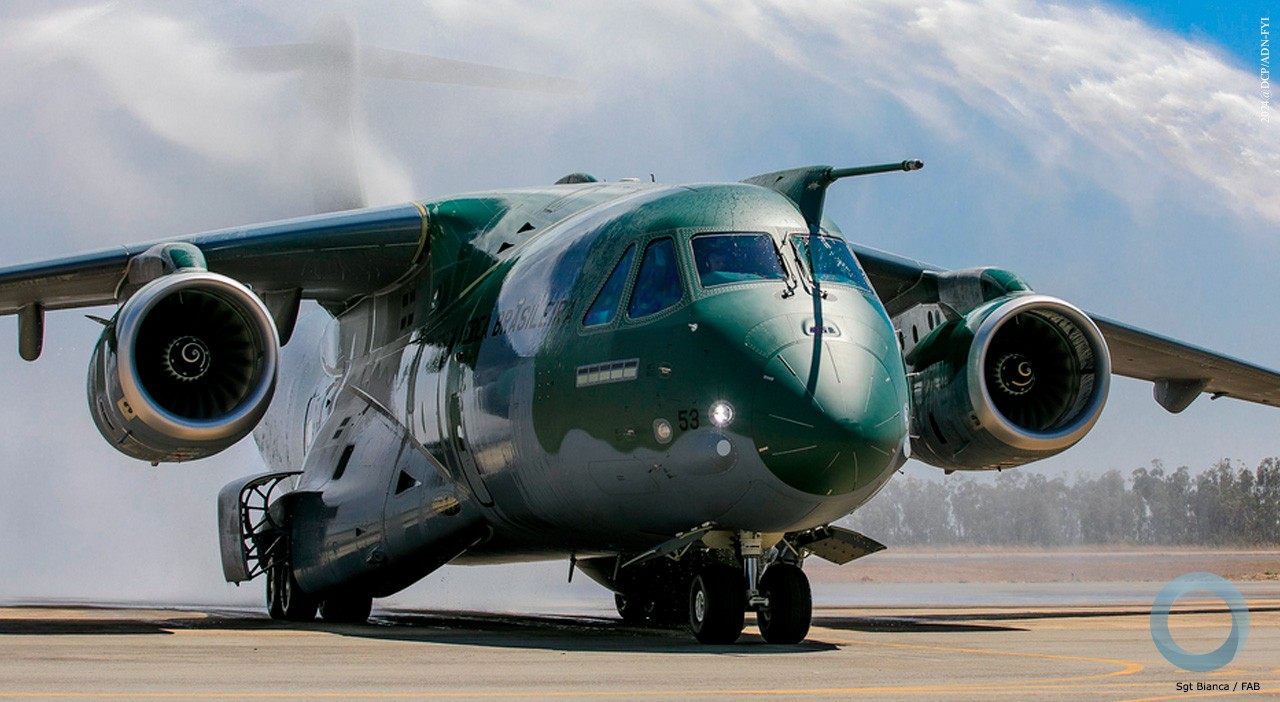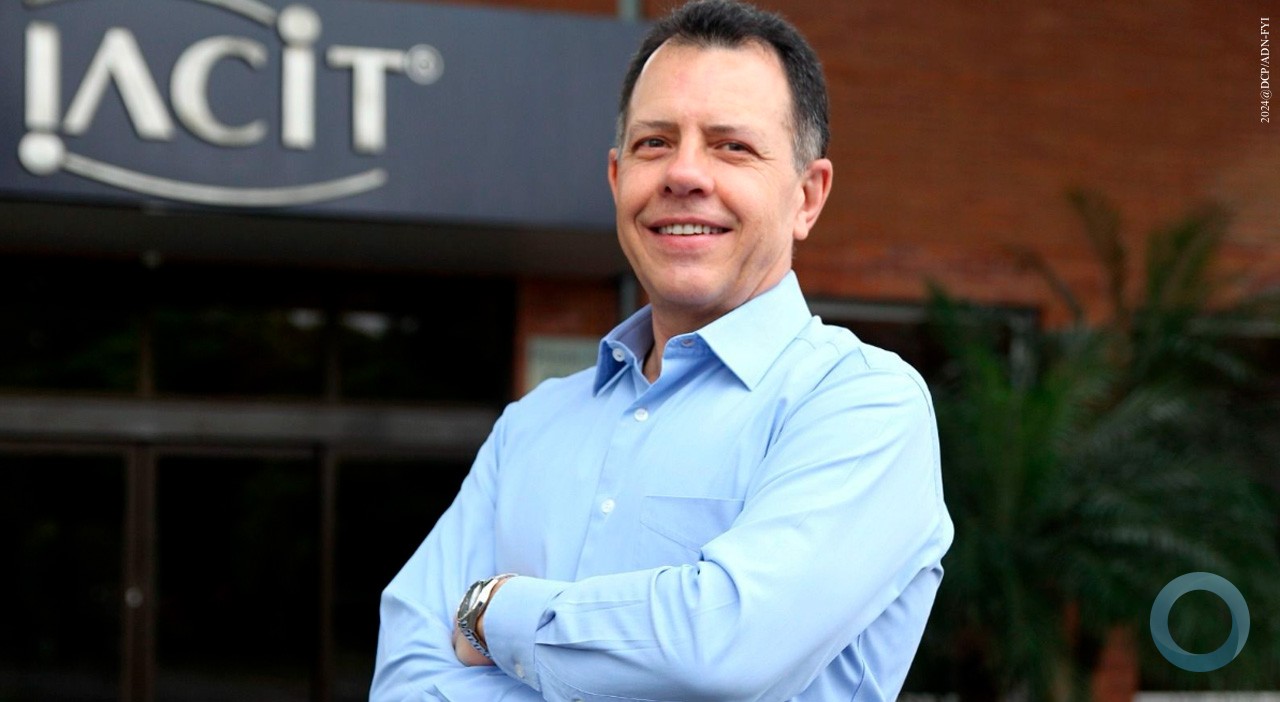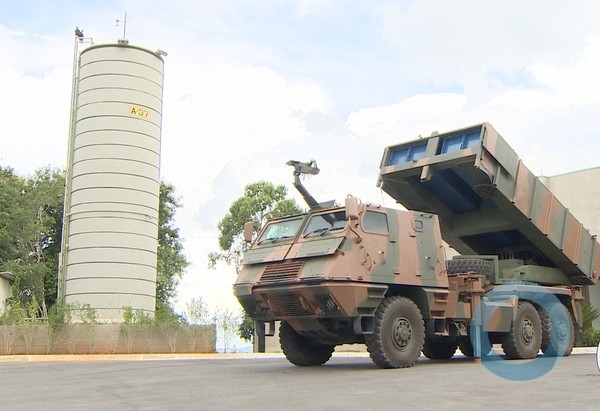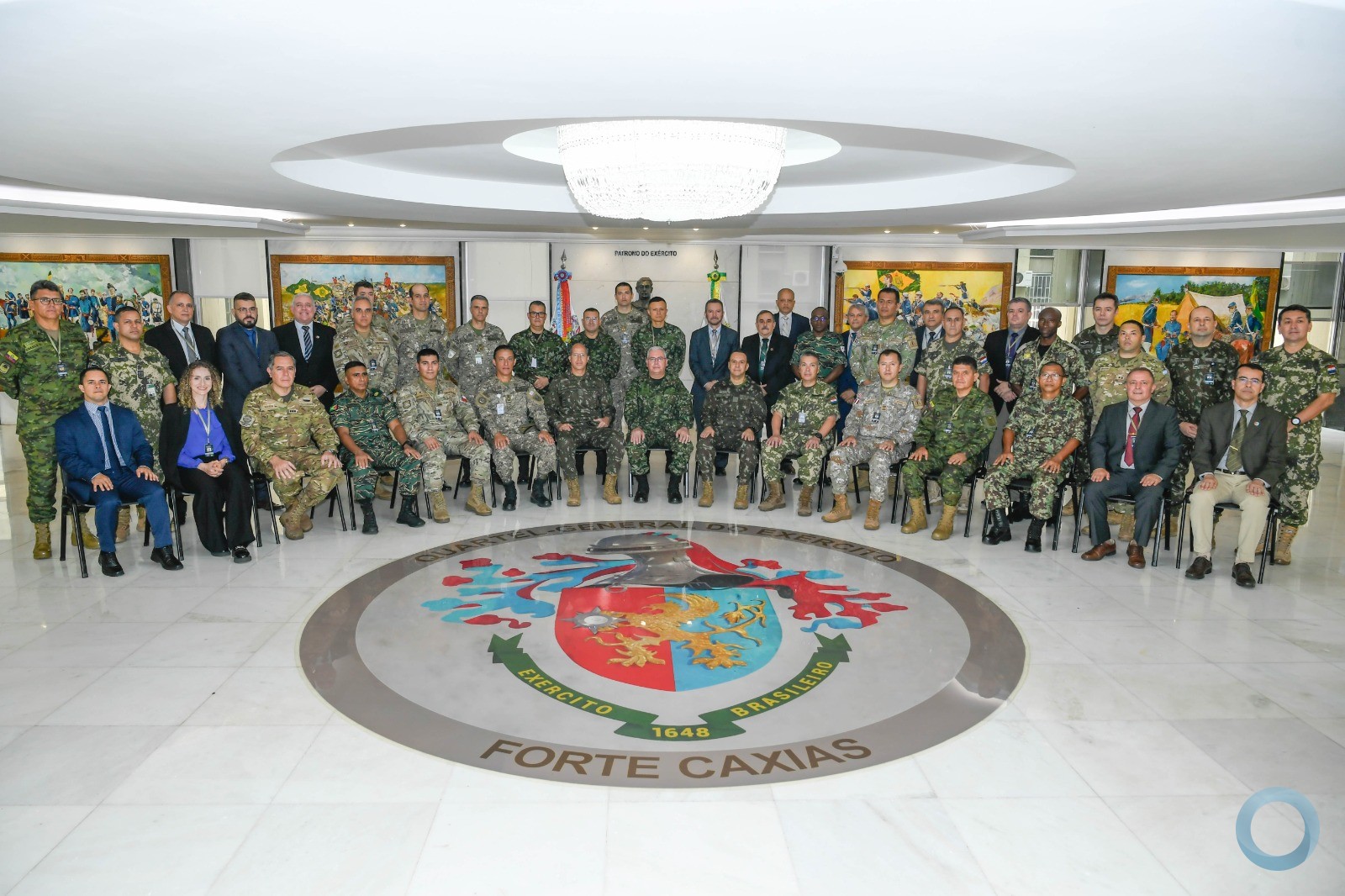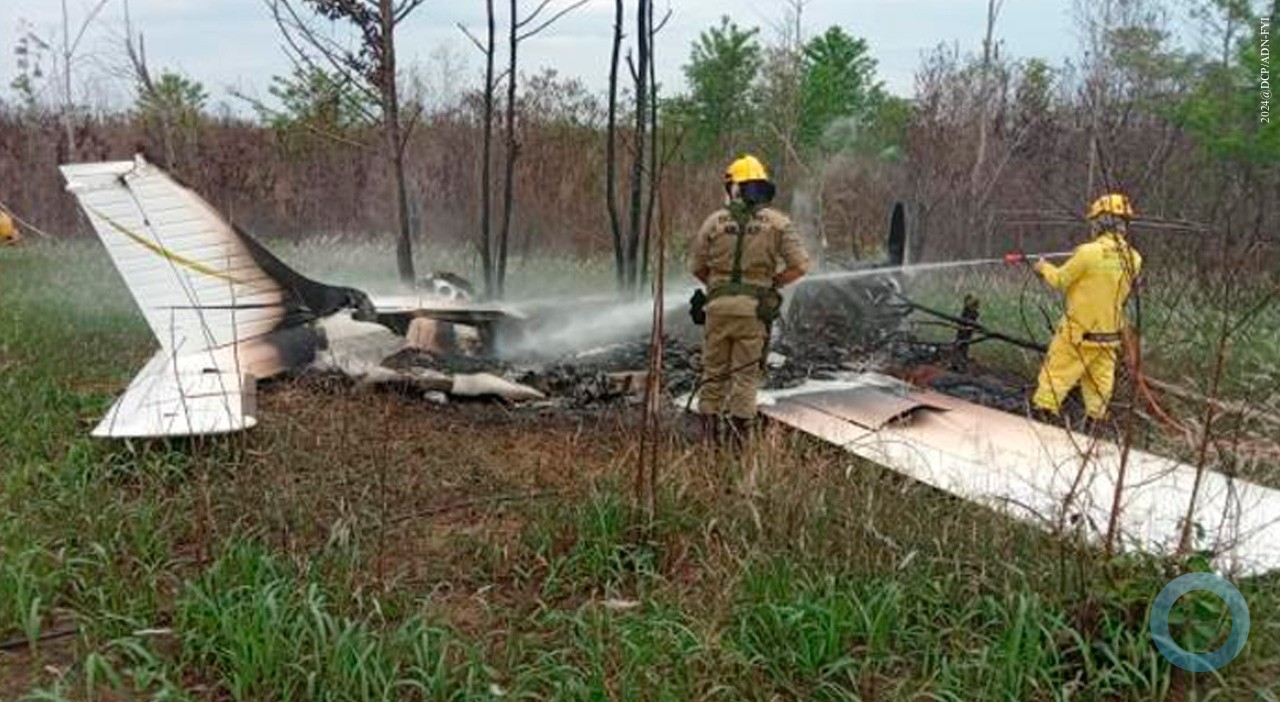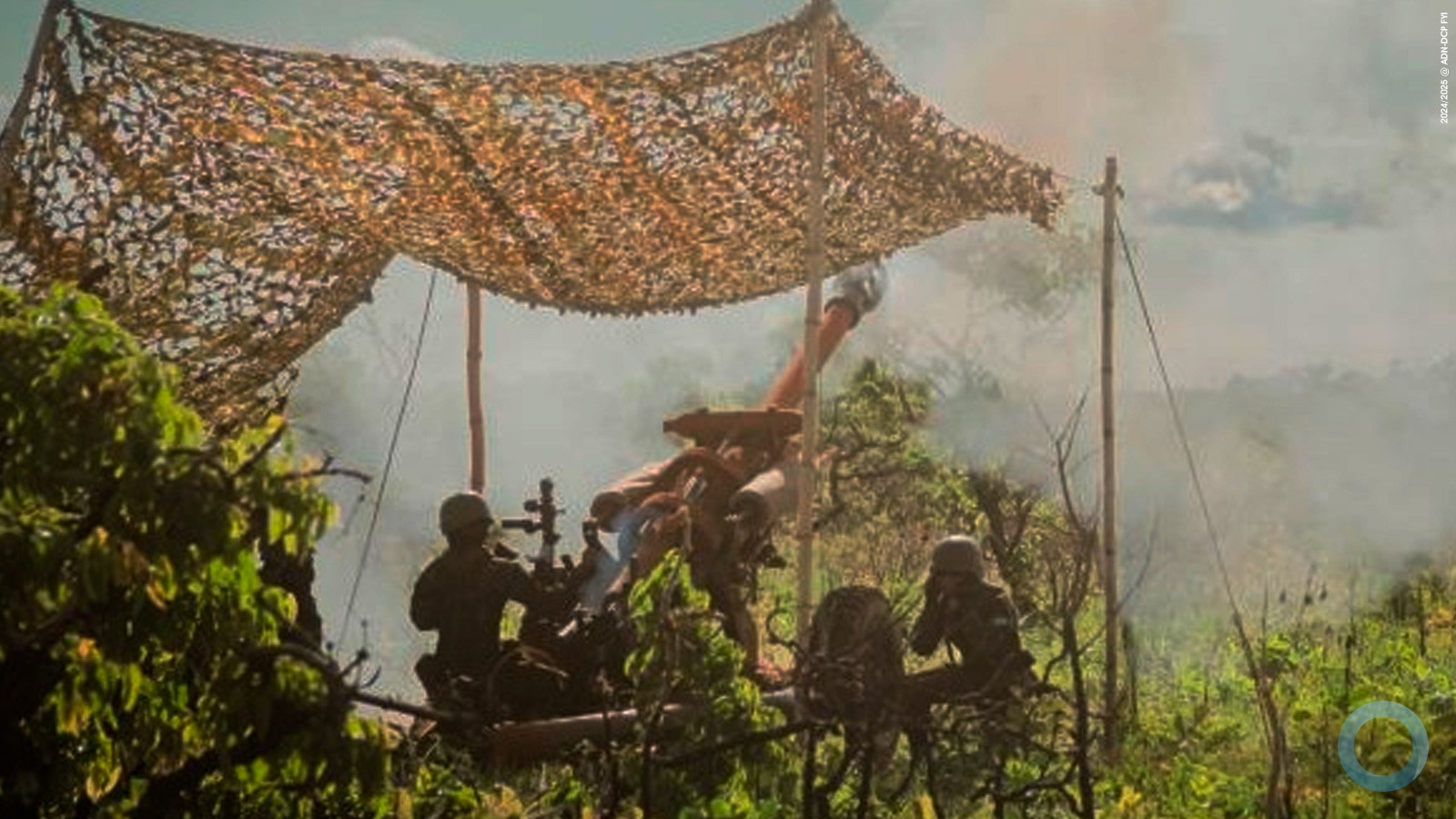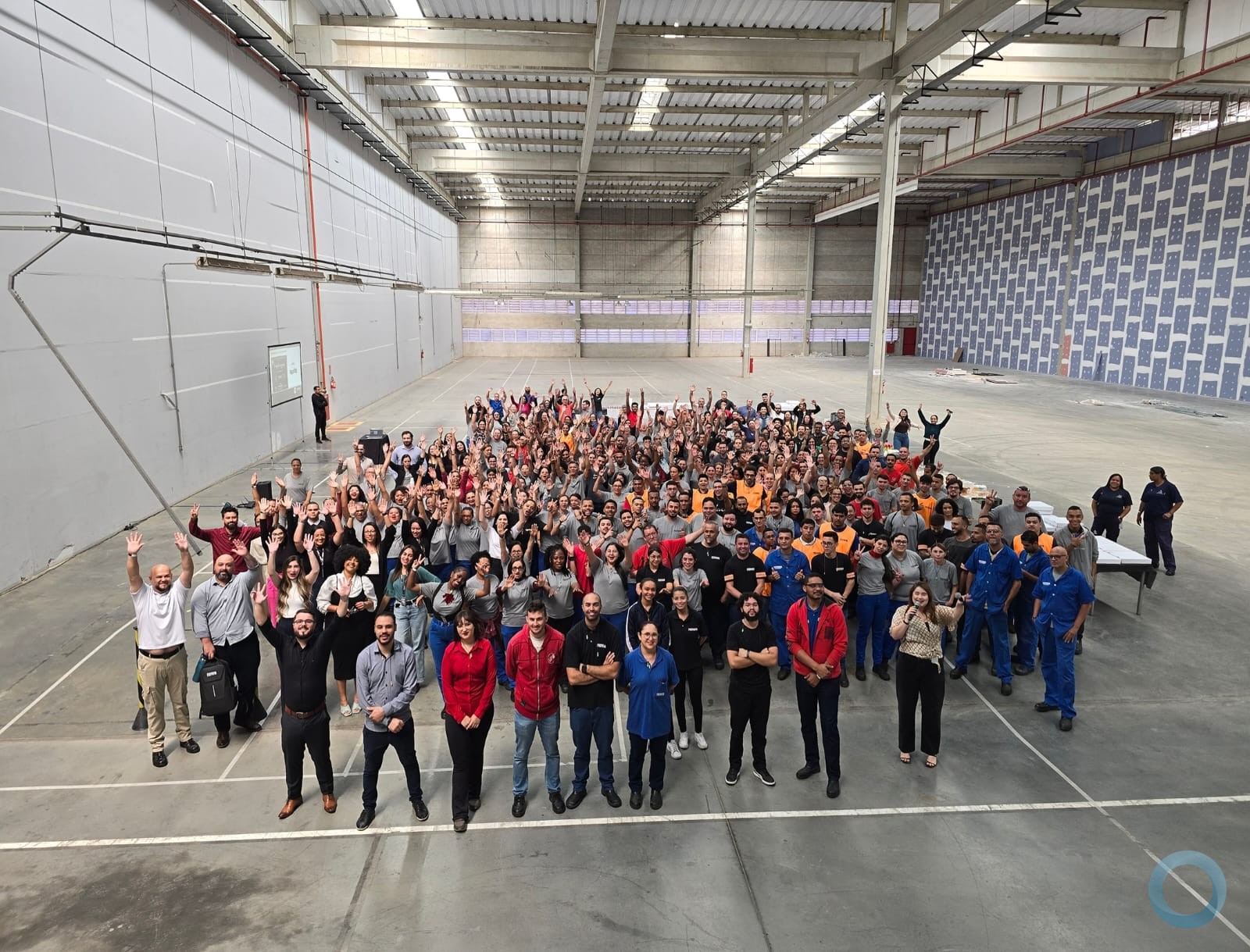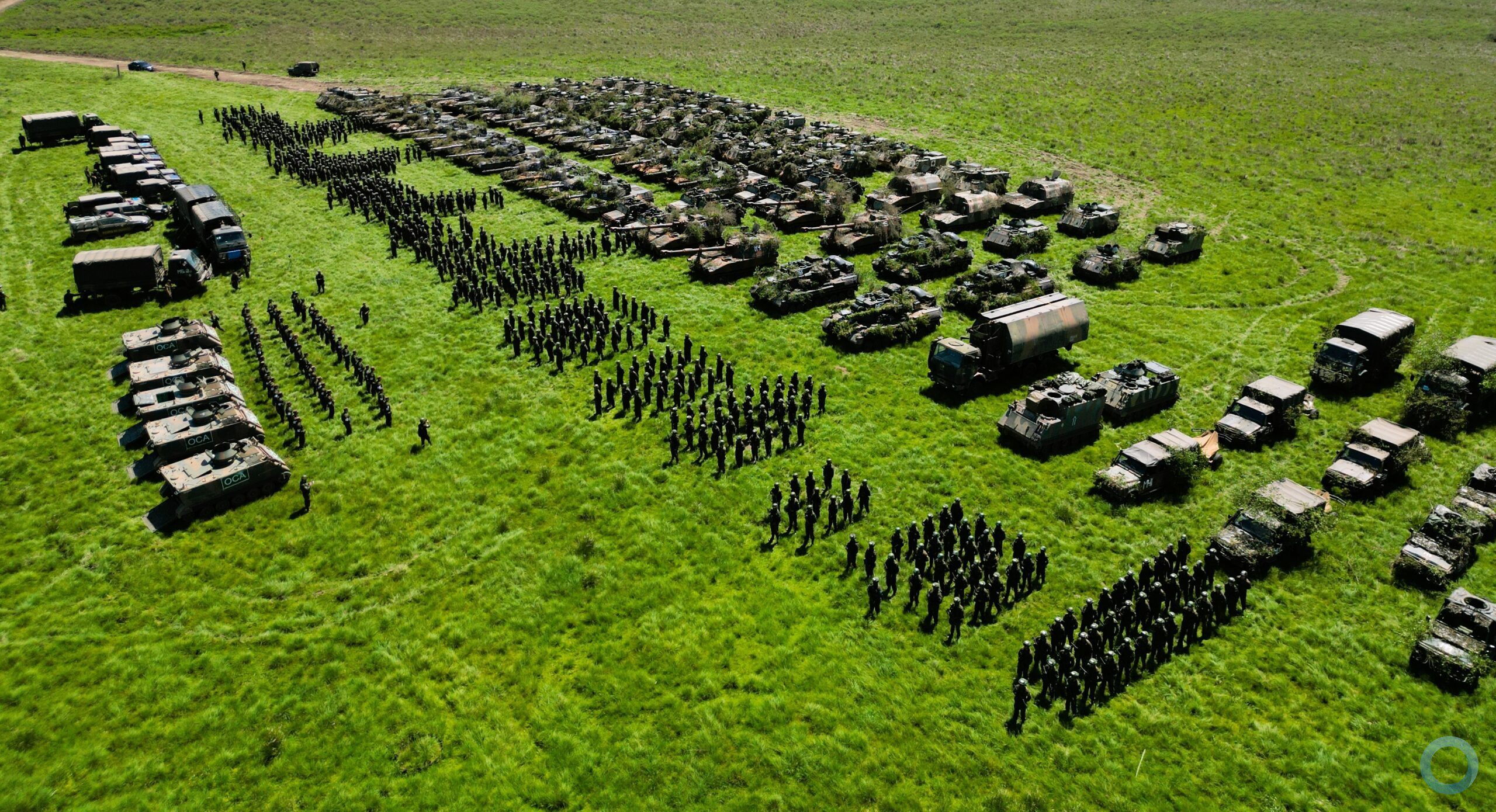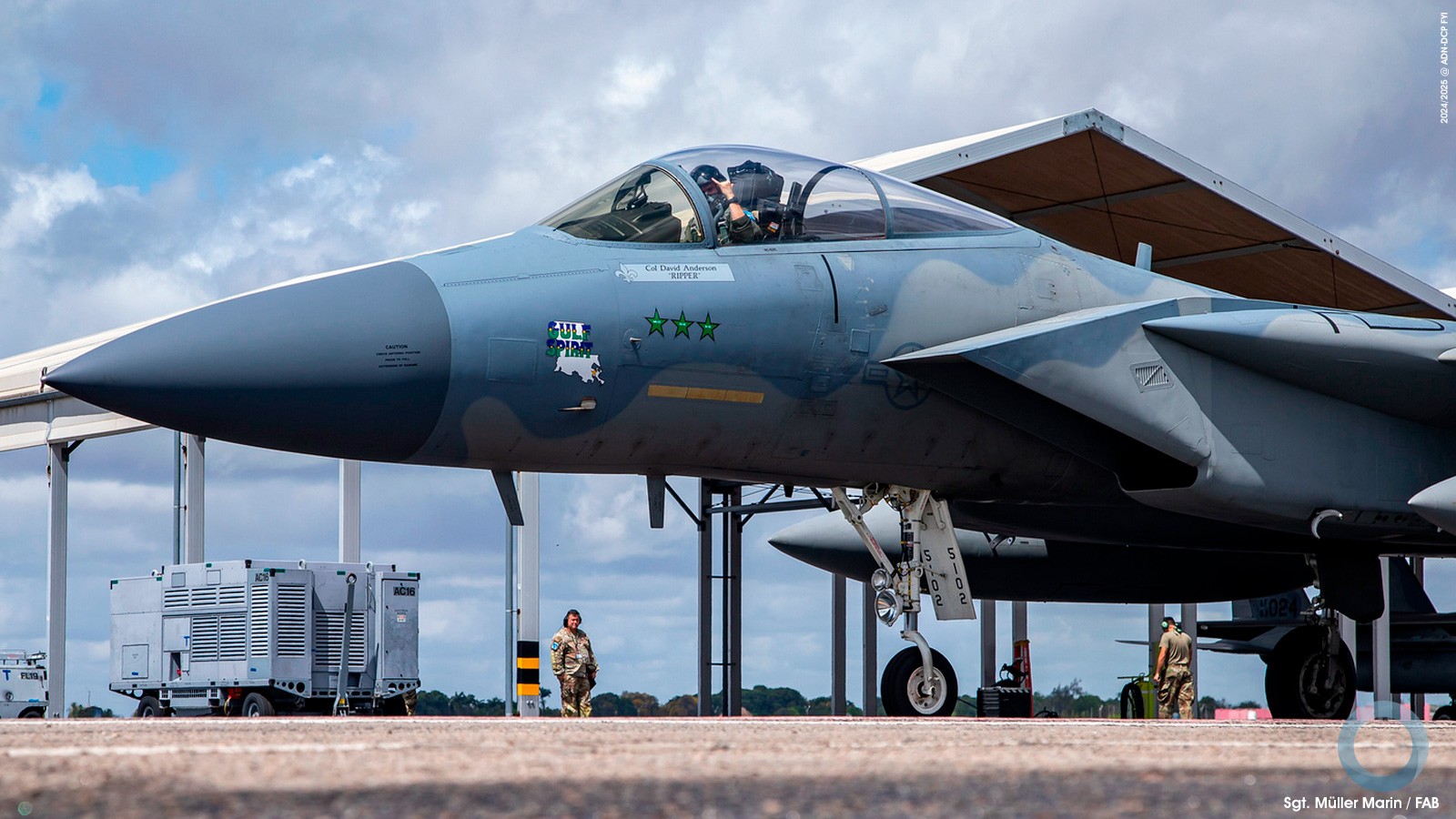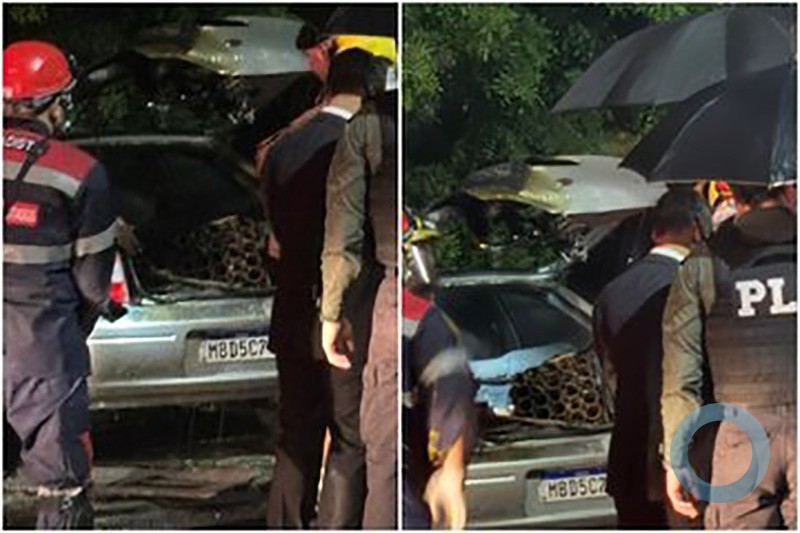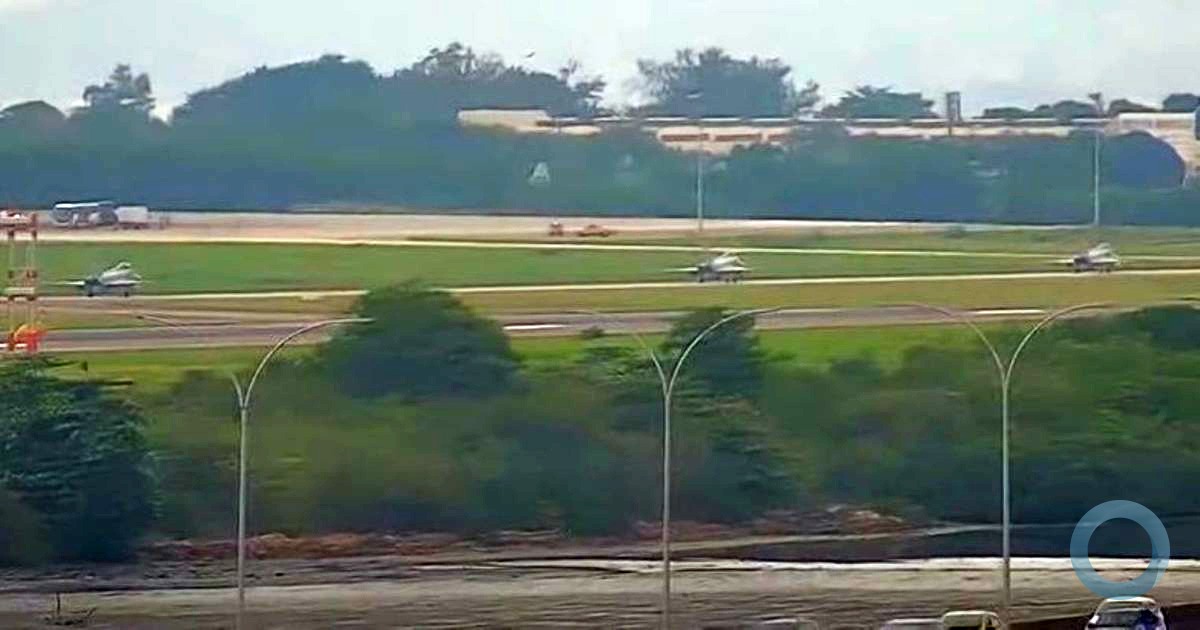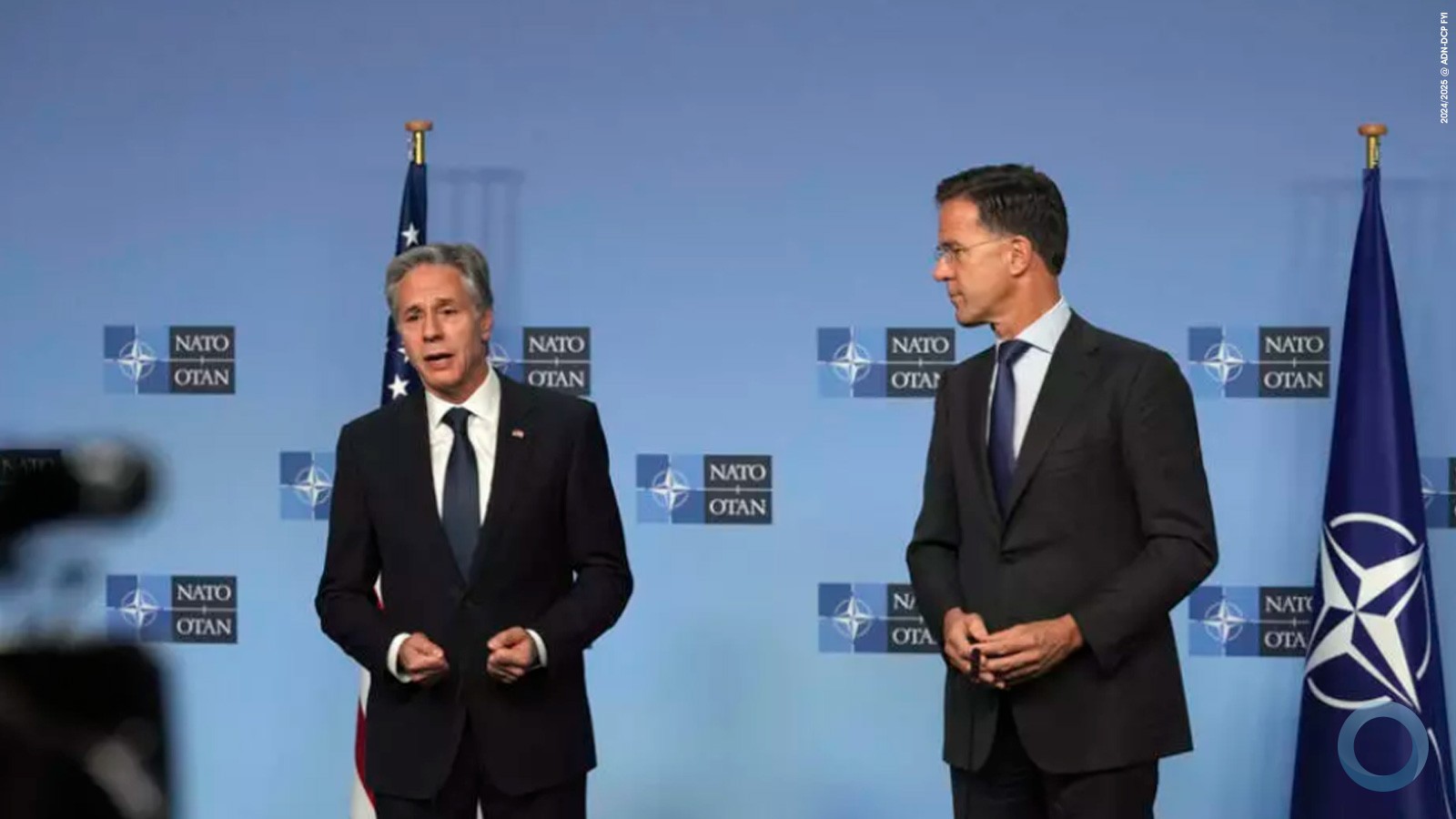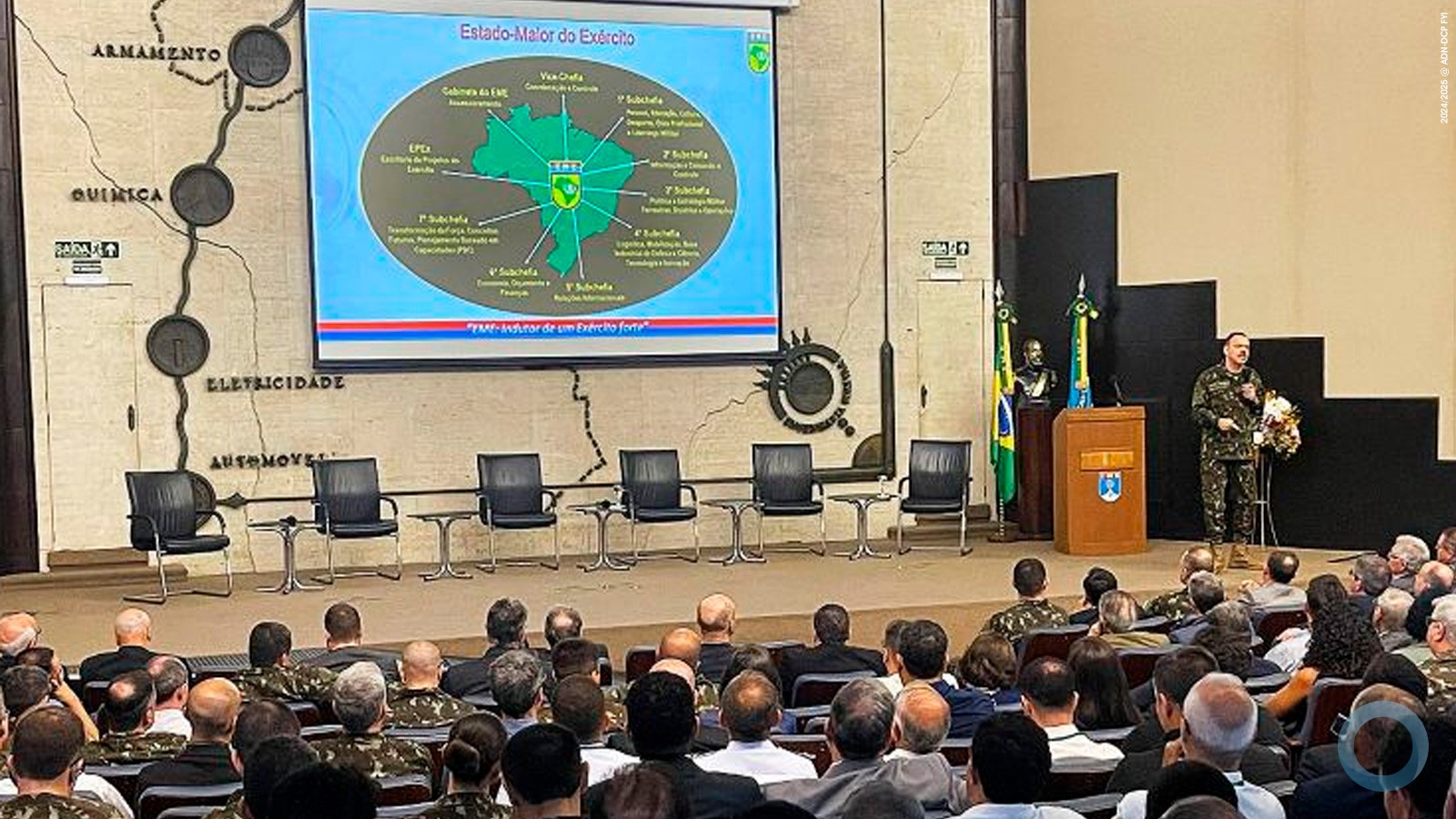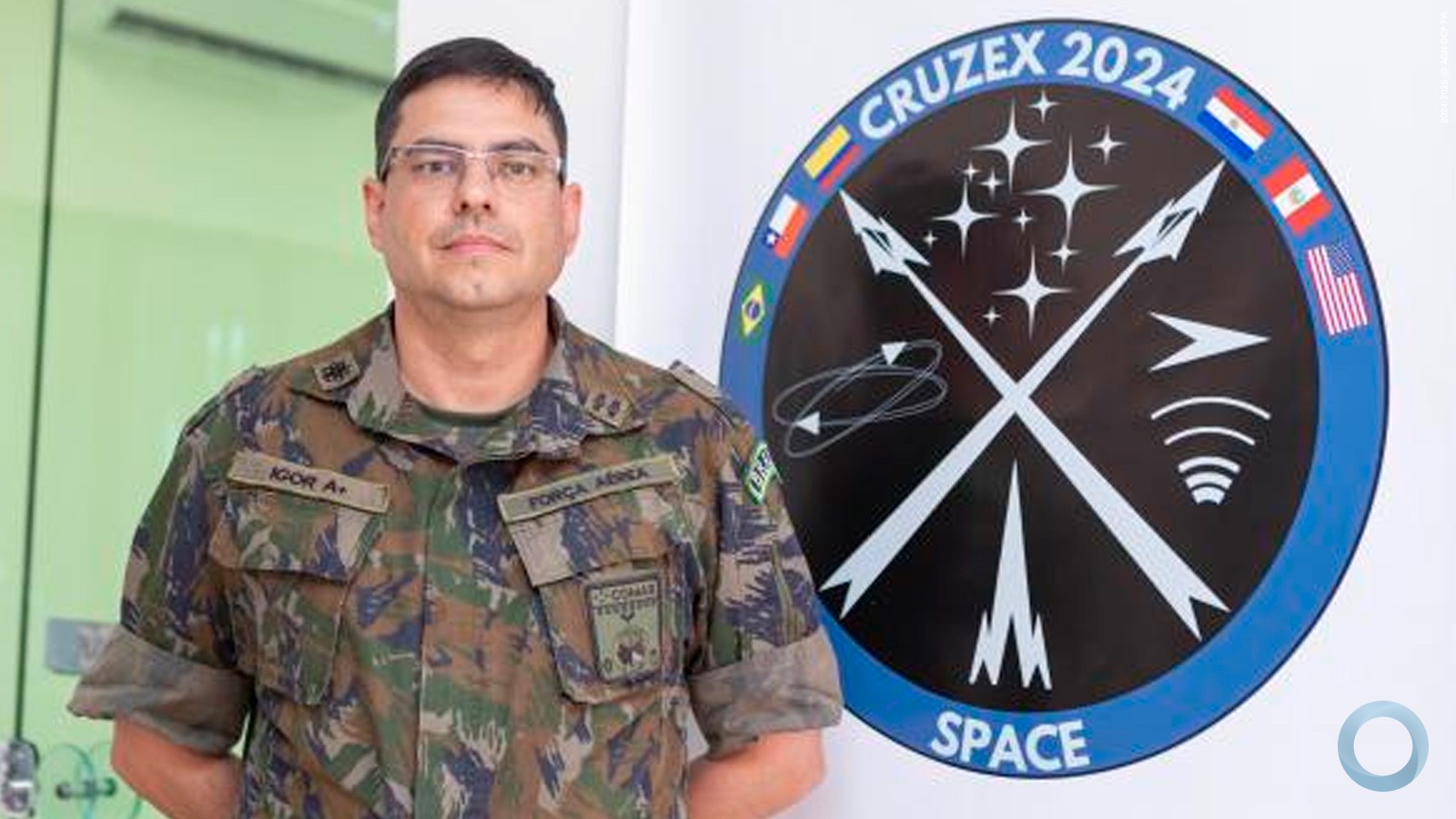DefesaNet Note Portuguese translation
In an interview with SPIEGEL, General David Petraeus, a former commander in Iraq who is now responsible for training United States Army troops, discusses the lessons of Baghdad, the reasons a war can't be won using weapons alone and why America's future warriors need a post-graduate education.
SPIEGEL: General Petraeus, you were in charge of combat operations in Iraq, you supervised the built-up of the new Iraqi security force and now you oversee the training and education of Army officers here at Fort Leavenworth. Would you agree that you are trying to impose a sort of a cultural revolution on the United States Army.
Petraeus: There is quite a big cultural change going on. We used to say, that if you can do the "big stuff," the big combined arms, high-end, high intensity major combat operations and have a disciplined force, then you can do the so-called "little stuff," too. That turned out to be wrong.
As I came here to Fort Leavenworth late last year everybody knew, from the chief of staff of the Army on down, that we needed to make substantial changes as an Army. My predecessor here, General William Wallace, actually coined the phrase "engine of change" for the overall organization the we oversee and that's what we try to be here for our Army. We're dealing here with new doctrines, new concepts on all levels, that, in turn, shape the education of our commissioned, warrant, and non-commissioned officer leaders, and then, in turn, influence the training of our units at our Army's major combat training centers. All that had to be modified in light of the lessons we've learned in our ongoing operations, and that is what we have tried to do.
SPIEGEL: What are those lessons?
Petraeus: We brought a lot of experiences back from Iraq but also from Central America and to some degree from other places like Haiti, Bosnia, Kosovo. But there was a general awareness of the importance of understanding the huge impact of cultural, religious, and ethnic factors — that knowledge of the so-called "cultural terrain" was as important in many cases as knowledge of the physical terrain in contemporary operations. We had to deal with these new challenges because it turns out they are key elements when you plan and conduct military operations.
SPIEGEL: You are the co-author of a new counterinsurgency doctrine that will be published this week. When one reads the draft version, one has the impression that the Army of the future will not only be a war-fighting organization, but also a nation-building agency.
Petraeus: We went over that paper again and again to avoid any misunderstandings. But overall we're talking about extremely complex problems here. In key areas we had a lot of paradoxes, great paradoxes. What we are trying to do is to present counter-intuitive situations to people to really make them think. And counterinsurgency operations are war at the graduate level, they're thinking man's warfare.
One of the paradoxes, for example, said: The best weapon for counterinsurgency is: Don't shoot. Well, that's true if you're in Mosul and the violence level is low, then you have a situation where you can say, as we used to do: Money is the best ammunition. But it is not true if you're in a section of Baghdad that is very threatened by violence.
Then the best weapon is to shoot, and the best ammunition is real ammunition. Everything depends on the situation, and it is vital that our leaders understand that reality and constantly assess and reassess the situation in their areas of operations
What we simply don't want anymore is to give people a checklist of what to do. We want them to think, not memorize. You know, a lot of this is about young officers. But we have to be clear with them, they have to know: You must be a warrior first, that is true, that's why we exist, we exist in many cases to kill or capture the bad guys. But on the other hand, we have to teach them: You're not going to kill your way out of an insurgency. No: you have to take out the elements that will never reconcile with the new government, with the system, but then try to win over the rest. And this part is not done with tanks and rifles.
SPIEGEL: Is that a view widely shared within the army?
Petraeus: Yes. You know, of course this is much less straightforward than the fight to Baghdad, but don't get me wrong. The fight to Bagdad was not easy. It was very, very hard, real people died and bled and we really blew things up, but — we always knew how to do that, we have it refined to a very high level, we did combined operations that were really at the high end of our business. In fact, you could say that we practiced that stuff by and large for 25, 30 years while we were waiting for the big roll of Soviet tank armies at the Fulda gap or the northern German plain.
But this other stuff, what we used to call the "little stuff" – the build-up of civil infrastructures, the fight against low-key separatist violence, the dealing with local leaders, it is very, very challenging because it's non-standard and it's definitely not what we have trained for. The demands are very different. When it comes to insurgency, there is no army on the other side, no battalions, the enemy won't expose himself, it's all about intelligence.
SPIEGEL: In your view, what would the idea officer look like today?
Petraeus: Certainly they have to be warriors first. Obviously war fighting is the foundation. But we also want leaders who can do more than that. We want what we now call the pentathlete leader, metaphorically — a leader who is not only a sprinter, but also a long-distance-runner and high jumper. We need people who feel comfortable throughout the whole spectrum of conflict, not only in combat operations. They should understand a conflict in a deeper sense, its background and its nature and the wide range of responses to that.
Counterinsurgency is, in fact, a mix of offense, defense and stability operations, and it can include the reconstruction of civil infrastructure, drilling wells, handing out soccer balls, talking, drinking tea, you name it.
SPIEGEL: You propagate the idea that young officers should go to graduate school. Why does a soldier need a master's degree?
Petraeus: We're talking about how to react to unforeseeable, non-standard tasks, we're talking about environments that are very different to those we're used to. You have to work in a foreign language, you have to negotiate with people who come from another religious background or who don't even share what we would call the same core values. Now here you have a setting quite similar to graduate school, which takes you out of your intellectual comfort zone – and that really is something a young officer should experience.
You know, we in the Army, we have to admit, that we're living sometimes a sort of a grindstone cloister existence. We work very hard; indeed, we have our noses to the proverbial grindsone. And we tend to live a somewhat cloistered existence much of our lives. So we have to try to raise, as one of my colleagues once put it, our sights beyond the maximum effective range of a M-16-rifle. Graduate school and other experiences that get us out of our intellectual comfort zone help us do just that.





